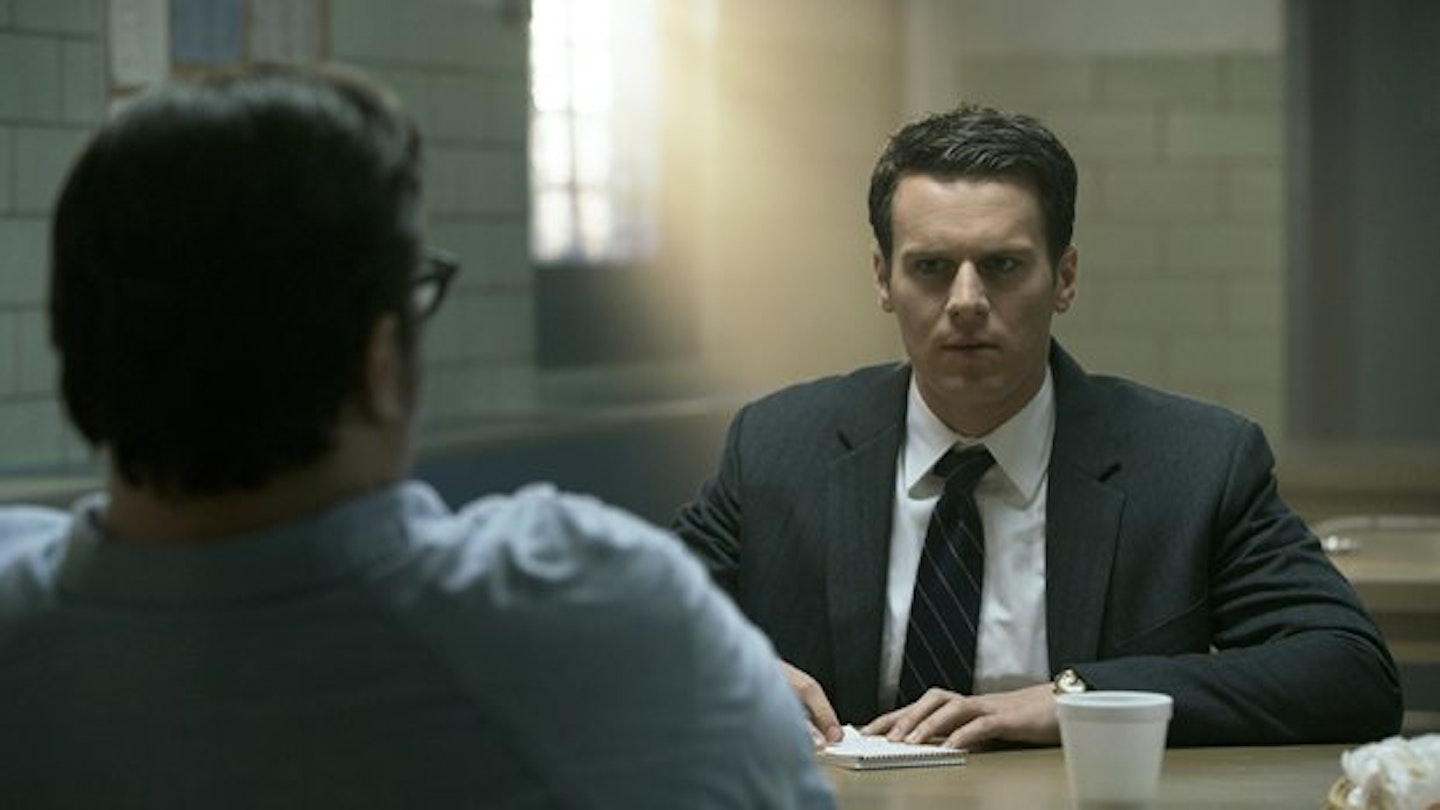The concept of serial killing is far too familiar to all of us. Depressing, disturbing and frightening as it obviously is, it’s a term we’ve become accustomed to through the news, through history and most intently through true crime dramas.
Society’s strange fascination with serial killers is unwavering and has no doubt fuelled the outpouring of avidly watched murder documentaries over the last couple of years – Making a Murderer, The Keepers, Dexter, and Serial, to name a few. But there’s a point in history not too far from our generation’s memory, where the idea of s serial killer just wasn’t a thing. The psychology behind why someone would be driven to kill other people, the bit that we’re all so terrifyingly fascinated by, barely existed.
If a straightforward motive couldn’t be found, these particularly gross and elaborate murder cases were often just put down to someone being a bit unstable. To these people just being ‘deviants’. But as I’m sure many true crime fans will know, there’s often a lot more to it than that. It’s this side of things that Netflix’s new drama series Mindhunter explores: ‘Are criminals born, or are they formed?’, the show asks.
Netflix’s Mindhunter Trailer
Back in the 70s, FBI agents Holden Ford and Bill Tench, along with the too quickly forgotten contributions of Dr Wendy Carr, set out to get inside the minds of these then unfamiliar serial killers to better understand the psychology of a new but growing type of criminal (predominantly and quite poignantly, a type of criminal dominated by men who are compelled to kill and often sexually abuse women). Netflix’s Mindhunter dramatizes the real story of the team who made crucial progress in linking criminality and psychology. ‘The world barely makes any sense, so it follows that crime doesn’t either’, Ford says.
Mindhunter, the book
Netflix’s series is based on a book by American criminal profiler John E. Douglas. Douglas was a special agent in the FBI and alongside fellow agent Robert Ressler and crime victim expert Dr Anne Bugess, established a specific behavioural science-based method of criminal profiling for the bureau which later became the subject of Douglas’s book ‘Mindhunter’. If you were wondering why the criminals in the tv series sound so familiar, it’s because there’s real. And they’re the ones Douglas and his team interviewed in real life too.
Mindhunter’s Holden Ford as the real John Douglas
Jonathan Groff plays the complicated (and not initially very likable) lead character of Holden Ford who quickly goes from FBI hostage negotiator to trying to understand the sociology behind criminality. The character is based on the real John Douglas who wrote the book and really was instrumental in redefining the way murder investigations were carried out. The main liberty that was taken in Holden’s characterisation was on the personal side of things. His relationship with Debbie, for example, is neither documented in the book nor confirmed to really mirror Douglas’ relationships back then.
WATCH: The Debrief Meets Jerry Buting From Making A Murderer
The portrayal of real-life serial killer, Edmund Kemper
As we learn in the first and second episodes, Kemper was sent to a mental hospital after killing his grandparents in his teens but was later released when he was 21-years-old. Later, over an 11-month period between 1972 and 73, he murdered eight people before turning himself in to the police.
In Mindhunter the series we see Holden go to visit Kemper in prison to try and learn about the way he thought and why he did what he did. Hauntingly, the show used actual prison interviews with the real Ed Kemper to guide the script for his scenes. The graphic accounts of what Kemper did and how he did them are pretty accurate, as is his disarmingly pleasant demeanour on screen. In his book, Douglas wrote: ‘I would be less than honest if I didn’t admit that I liked Ed.’
‘He was friendly, open, sensitive and had a good sense of humor. As much as you can say such a thing in this setting, I enjoyed being around him. I don’t want him out on the streets, and in his most lucid moments, neither does he. But my personal feelings about him then, which I still hold, do point up an important consideration for anyone dealing with repeat offenders. Many of these guys are quite charming, highly articulate and glib’.
**Like this? You might also be interested in… **
The True Story Behind Netflix’s Documentary ‘The Keepers’ And The Murder Of Sister Cathy
How AccurateIsThe People Vs OJ Simpson: American Crime Story TV Series?
Everyone’s Finally Watching ‘Power’ On Netflix. You’ll Probably Want To Too
Follow Jazmin on Instagram @JazKopotsha
This article originally appeared on The Debrief.
